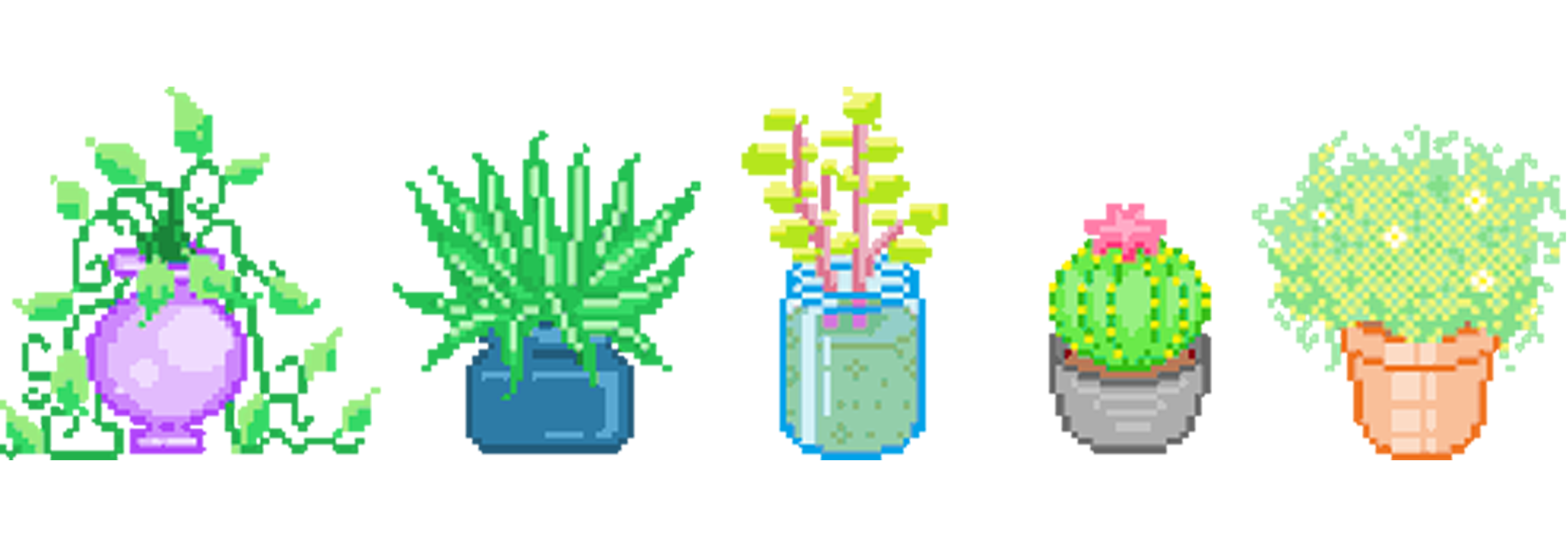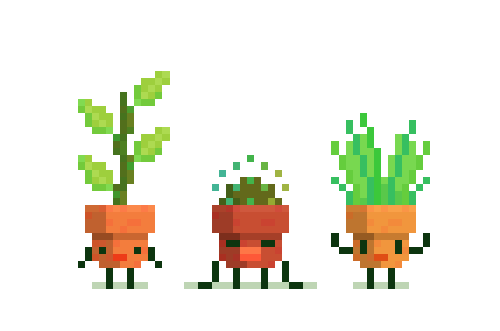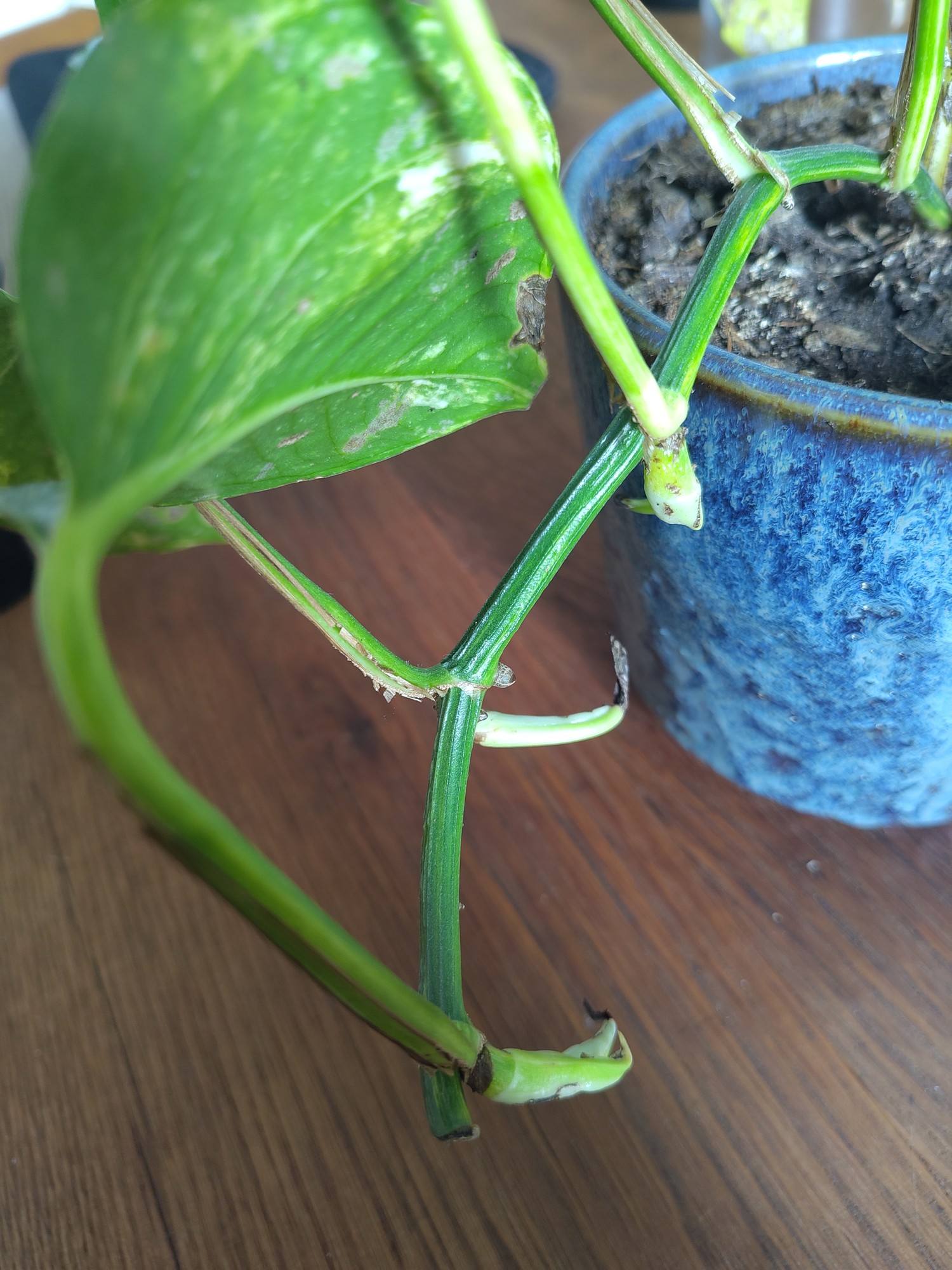this post was submitted on 25 Jun 2025
56 points (98.3% liked)
Houseplants
5601 readers
53 users here now
Welcome to /c/houseplants @ Mander.xyz!
In between life, we garden.

About
We're a warm and informative space for plant enthusiasts to connect, learn, and flourish together. Dive into discussions on care, propagation, and styling, while embracing eco-friendly practices. Join us in nurturing growth and finding serenity through the extraordinary world of houseplants.
Need an ID on your green friends? Check out: !plantid@mander.xyz
Get involved in Citizen Science: Add your photo here to help build a database of plants across the entire planet. This database is used by non-profits, academia, and the sciences to promote biodiversity, learning and rewilding.
Rules
- Don't throw mud. Be kind and remember the human.
- Keep it rooted (on topic).
- No spam.

Resources
Recommendations
Health
Identification
- PlantNet.org (see also: !plantid@mander.xyz)
- Seek from iNaturalist
Light Information
- GrowLightMeter
- PlantLightDB
- HouseplantJournal (Scroll down.)
Databases
- Catalogue of Life
- Perenual.com
- The Garden.org Plants Database
- Useful Tropical Plants (Interactive Database Version)
- WorldFloraOnline
- USA-NPN
- Tom Clothier's Garden Walk and Talk
- Plants for a Future
- USDA Datasets
- Permapeople.org
- Temperature Climate Permaculture: Plant Index
- Natural Capital Plant Database
- Colorado Plant Database
- SEINet
- North American Ethnobotany Database
- BCSS Field No. Lookup (collection site IDs for cacti and succulents)
- U Michigan Native Plant Database for Michigan by Region
FOSS Tools
- Common House Plants API
- HappyPlants (Monitoring App)
- PlantGeek (Care Info App)
Similar Communities
DM us to add yours! :)
General
Gardening
- !balconygardening@slrpnk.net
- !gardening@mander.xyz
- !nativeplantgardening@mander.xyz
- !gardening@lemmy.ml
- !gardening@midwest.social
- !permaculture@lemmy.world
- !tropical_plants@mander.xyz
Species
Regional
Science
Sister Communities
Science and Research
Biology and Life Sciences
- !anthropology@mander.xyz
- !biodiversity@mander.xyz
- !palaeoecology@mander.xyz
- !palaeontology@mander.xyz
Plants & Gardening
Physical Sciences
Humanities and Social Sciences
Memes

founded 2 years ago
MODERATORS
you are viewing a single comment's thread
view the rest of the comments
view the rest of the comments

Using rainwater has always solved blackened tips for me. Forgot the class, but my professor was talking about how plants will move the chemicals in tap water to the leaf tips to get rid of them.
If collecting rainwater isn't practical, fill a wide-mouthed pitcher with tap water and let it sit for a day, preferably in the sun.
This could very well be - I think it wouldn't be the first time plants respond poorly to the water here. And it seems to always be starting at the tips very specifically. I'll see if I can find some way to collect rainwater - thank you! Will probably do all my plants good to be honest.
I have a huge plastic tub stashed in the woods behind my house, bring it out twice a year or so before a storm. For storage I have 10 or 12 1.5L vodka bottles a friend gave me.
It would be faster to collect the runoff from the roof, but no idea what chemicals or minerals leach into that. My little pond under the eaves gets refilled with that water and it's super healthy. Frogs everywhere!
That's why we have screens and first flush diverters on rainwater harvesters :)
Is it about chlorine? Cause my tap water doenst have any added chemicals, just a bunch of limescale
Hard water can build up in the soil. There's some plants I've had in the same pot for a long time where the top of the soil starts to look a little "crusty", even though i don't have particularly hard water. If you have a lot of lime scale, your water pH is likely high, which can make it hard for plants to pickup nutrients.
AFAIK limescale shouldn't affect most plants, but some are sensible (not your pothos).
Ironically I made my potos suffer quite a bit until recently
You sure nothing is added to your tap water? I guess I assumed all municipal water supplies were treated, in any given country.
They might have well water.
I looked it up, their internal test report says Cl^- 58mg/l. Looking around online this seems super high, but maybe thats because of the difference between chlorine and chloride?
Anyway apparently they pump it from groundwater wells and just run it through carbon filters
That sounds great! For humans anyway, maybe not so much for plants. Thanks for looking and learning me something!